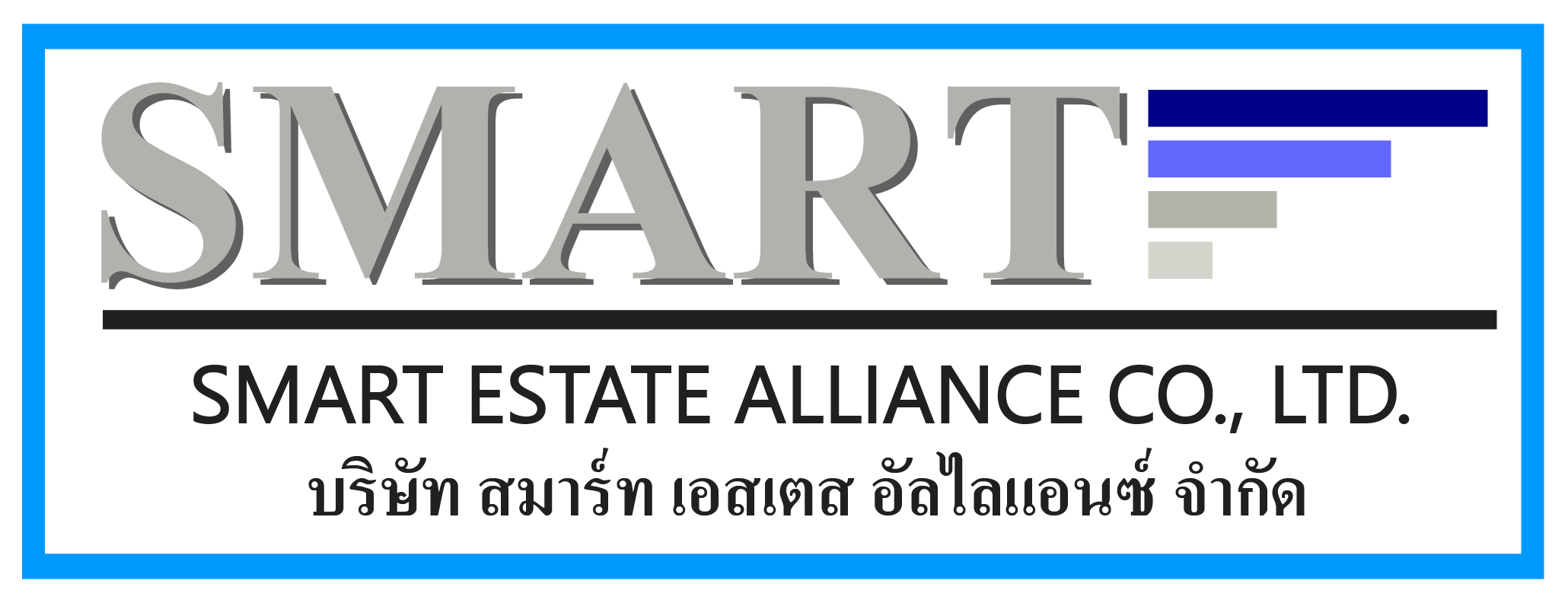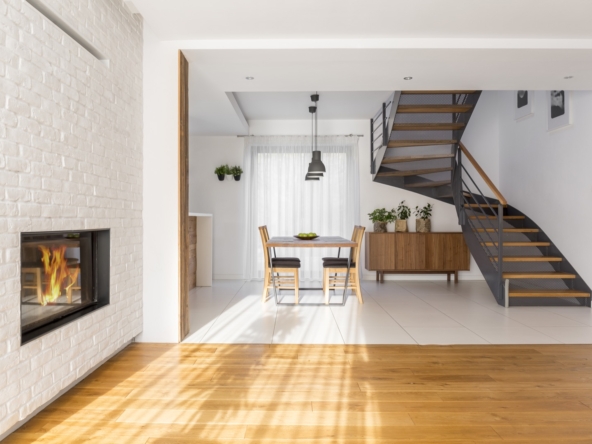Can foreigners buy a condominium unit in Thailand?
In Thailand, foreigners may own a condominium in his/her own name. Foreigners can take ownership of a condo only by purchasing a condo unit with a “freehold” title. For possession, foreigners may enter into a long lease agreement, commonly known as “Leasehold”. Foreigners may acquire freehold ownership of a condo unit within the set foreign ownership quota of a condominium. By law, foreigners can own at a maximum limit of 49% of the total saleable area of a condominium project. If there is no foreign quota left, then leasehold would be your only option if you wish to stay in the building. Leasehold gives the right of use and possession of the unit for a set period of time and is fully transferable. The maximum lease period is 30 years and an additional 30 years renewal is a promise to renew.
There are very few requirements for buying a condo in Thailand as a foreigner. However, a foreigner must remit the total purchase price in foreign currency to a local Thai bank in order to purchase a condo in their name.
What are the taxes associated with and additional running costs to owning a condominium?
There is a property tax associated with owning a condo depending on the property price. All co-owners will also have to contribute to the general upkeep and running of the condominium, this required payment is known as a CAM Fee (Common Area Maintenance Fee). Your fee will be calculated per month based on the total square meter of your condominium unit.
Example: CAM Fee 50 baht per sqm, per month, condo unit size 100 sqm, total yearly fee = 50 baht X 100 sqm. = 5,000 baht per month X 12 months = 60,000 baht per year.
Condos also have a special reserve fund for major repairs and upgrades of the building, this is known as a “Sinking Fund Fee” which is usually paid only by the first buyer of such a condominium unit.
Can foreigners buy land in Thailand?
If the foreigner wishes to acquire land and build a house, he/she may obtain a long-term lease on the land (for a period not exceeding 30 years each term).
The foreigner should apply for the construction permit to build the house in their own name. This way the foreigner owns the house and has a secured long-term lease on the land but the main condition to do so is to have entitlement on the land and such requester’s name shall be listed in a Yellow house book in Thailand.
Am I allowed to build and own any structure on land?
Legally, any building is considered to be a part of the land over which such a building is constructed. However, a building may be considered as a separation part when it is a tenant of land who builds a building under a leasing agreement. Therefore, a foreigner may own any building on his rented land in Thailand but it has to be agreed at the beginning on what would happen if the lease ends.
If your spouse is Thai, and you are planning to build a house on his/her land, you are recommended to sign a lease agreement or usufruct agreement with your spouse indicating that you have the right to possess and reside in the land. Please note that as a married couple, you will have the right to stay in the property.
How to Buy Property through a Thai Company?
Some property buyers may prefer a holding structure, with more ownership rights than a leasehold title. In this case, it is possible to set up Thai Company for property acquisitions, this method sits in the “grey area” of the Thai legal system. The Thai government and the Land Offices overseeing property transfers across the country, do not encourage this practice since it can be deemed as avoidance of law if the company is not active.
For a company to be classified as a “Thai Entity”, at least 51% of the shareholding needs to be held by Thai nationals. The main concern of the authorities is the unauthorized use of “Nominee Thai Shareholders”, which are essentially “fake investors” used to facilitate property purchases under Thai companies.
However, provided foreign buyers comply with the law (Using “real” shareholders/ Thai partners), this option offers a good degree of indirect ownership and control.
This ownership structure is commonly used by investors to purchase landed property such as villas with their spouse or foreign developers looking to acquire developable land plots.
Note that the property will be deemed as the company asset which company assets also belong to the shareholders of the company.





